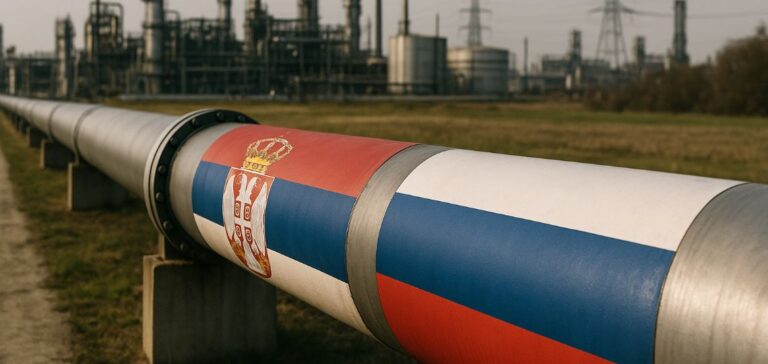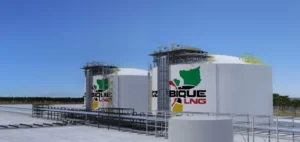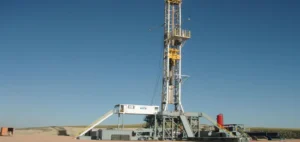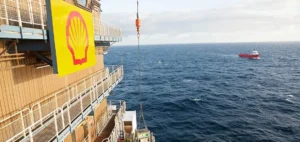Serbia and the Russian Federation have extended their current agreement on natural gas supply until 30 September, according to Dusan Bajatovic, General Director of the state-owned company Srbijagas. The contract annex, signed on Friday, maintains daily volumes at 6 million cubic metres, at a rate of €290 (approximately $314) per 1,000 cubic metres.
Bajatovic specified that the decision aims to ensure the constitution of strategic gas reserves ahead of the winter season. Speaking on Serbia’s public broadcaster, Radio Television of Serbia, he stated that the agreement would allow Serbia to “fill its storage facilities in a timely manner”, securing short-term supply stability.
A fixed price in an uncertain context
The contract renewal takes place without any change in pricing, which temporarily shields Serbia from the volatility of the European gas market. However, the agreement remains time-bound, pending the conclusion of negotiations for a longer-term contract with Russia.
Bajatovic reiterated the goal of signing a new ten-year agreement by the end of the month. This contract would include specific force majeure clauses, particularly in the event of an extension of the European Union’s sanctions regime against Russian energy exports.
Continued energy dependency
The Srbijagas executive highlighted that potential EU sanctions on Russian gas could compromise supply stability across Southeast Europe. He noted that the United States does not have the capacity to compensate for a possible halt in Russian deliveries.
“I’ve been saying it for years: without Russian gas, there is no solution for stable supply,” he stated. Despite diversification efforts by some EU member states, Serbia continues to rely almost exclusively on deliveries from Russia.
Negotiating a structural agreement
The ten-year contract currently under negotiation is intended to provide Belgrade with a more stable contractual framework and to better anticipate geopolitical risks. Ongoing discussions are also addressing payment and delivery terms compatible with potential future trade restrictions.
Serbian authorities view energy as a strategic pillar of their bilateral cooperation with Moscow. This contract extension is considered a transitional measure while awaiting a more permanent framework for energy relations between the two countries.






















